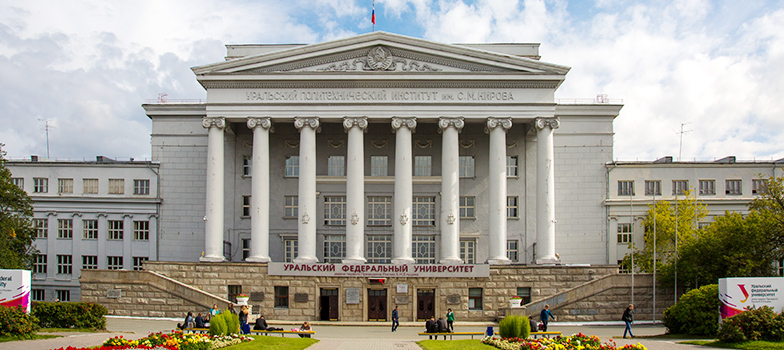Carbon Offsetting in Russia – Ural Federal University Joins National Carbon Program
At the leading educational exhibition of the year – “Vuzpromexpo-2020” – the head of the Russian Ministry of Education and Science Valery Falkov announced the creation of carbon polygons. The program is expected to be launched in 2021, the polygons themselves will be created on the basis of Russian universities located in 12 regions.
“These will be territories representing different climatic zones and landscapes. In total, about 10-12 regions will take part in the program. Some of the regions have already been identified, ”said Valery Falkov.
The selected territories include the Sverdlovsk, Tyumen and Kaliningrad regions, as well as the Chechen Republic.
The program includes research to develop technologies for monitoring and analyzing the ability of plants growing in different areas to capture and store carbon compounds from the atmosphere. It was the result of the joint work of the authorities, universities and business in the regions. The prototype will be the first carbon testing ground in Russia, created in the Kaluga region this year. Its main task is remote and ground control of greenhouse gas emissions and other parameters significant for climate change in forest areas and agricultural lands.
“UrFU will join the carbon program. Not only carbon polygons will be created, but also carbon farms. Carbon polygons are a kind of “natural laboratory” where the ability of various plants to absorb carbon-containing compounds is investigated. To date, there is no data on how they are absorbed, for example, by the forests of the Urals, Siberia, Central Russia or Europe; there is also no system of criteria by which to assess the level of sequestration of industrial emissions from industrial and energy enterprises. The cultivars of plants with a high capacity for absorbing greenhouse gases will be developed at carbon farms, ”said Sergei Kortov, a participant of the Vuzpromexpo-2020 exhibition, the first vice-rector of UrFU.
According to him, the creation of carbon polygons and farms, the development of green energy will be very relevant in the next 15–20 years and will become one of the tools of competition in the global market: the carbon balance will inevitably be taken into account in the production and export of products.
“For enterprises there will be another mechanism for decarbinization of industrial production – the cultivation of plants that absorb carbon dioxide. In turn, universities will have to train specialists for a new industry related to the study and maintenance of the carbon balance. This area is interdisciplinary and involves close interaction of physicists, chemists, mathematicians, IT specialists, biologists, climatologists. The innovative activity of universities will also receive an additional impetus – a new market for science-intensive products and services will appear. In general, decarbonization of the economy is a very promising direction,” said Sergei Kortov.
The main result of the carbon program is an improvement in the environmental situation in Russia and an increase in the country’s competitiveness.
Ural Federal University is one of the Russian leading universities, ‘5-100 Project’ participant, located in Ekaterinburg — the capital of 2023 FISU World University Games. Ural Federal has initiated the creation of Ural Interregional Research and Education Center (UIREC), aimed at successful completion of National Project ‘Science’ tasks.

